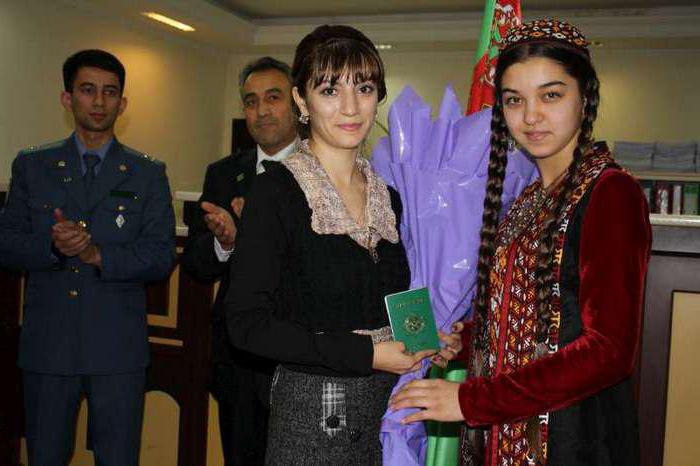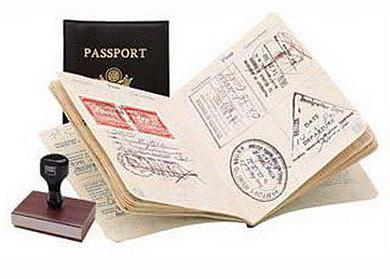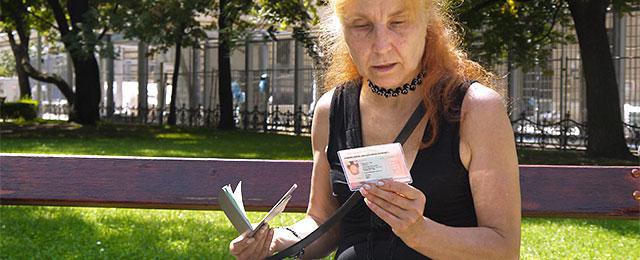Stateless person: status and rights
Within any country, in addition to its immediate citizens, as well as foreigners, there may be persons without citizenship or citizenship. Such people are called stateless. They do not have any evidence by which it would be possible to establish their belonging to any country or citizenship. Consider further the legal status of stateless persons.
Causes
The status of stateless persons appears when:
- Birth to stateless parents. In a number of countries, legislation does not provide for the automatic acquisition of citizenship at birth (filiation by soil law is not possible).
- Loss of privileges previously received (for example, upon marriage).
- State deprivation of citizenship. This is possible for ethnic, political reasons or for security reasons.
- Voluntary refusal.
- Termination of the existence of the state.

In the Convention regulating the legal status of stateless persons, in Art. 1 states that refugees cannot be recognized as stateless.
Documents of a stateless person
Stateless persons in the Russian Federation, as well as foreigners, enjoy the established national regime. However, there are a number of limitations for them. For example, the rights of stateless persons do not include the possibility of participating in elections. In Russia, the documents proving the identity of stateless persons are:
- Residence permit (temporary).
- A document received in a foreign state and recognized under the terms of an international treaty as an identity document.
- Resident card.
- Other documents that are provided for in the Federal Law or are recognized as proving the identity of a stateless person.
The latter include the papers referred to in Art. 27 and 28 of the Convention governing the status of stateless persons. One of these documents, in particular, is the Certificat d`apatrid.
controversial moment
In international legal practice, within the framework of understanding citizenship, there is a dichotomy regarding the freedoms and rights of people by their citizenship. After the entry into force of the Convention against Statelessness, people began to be forbidden to voluntarily renounce belonging to any state. It was only allowed to replace one citizenship with another. This, in turn, led to the substitution of a legal possibility for an obligation.

Refusal prohibition
In world practice, 2 documents have been created aimed at implementing political ideas for the gradual elimination of apatriism. The right to citizenship, according to them, began to be presented as a duty. Such contracts include:
- Convention on the Reduction of Statelessness. It was adopted by the UN General Assembly in 1961, in New York.
- European Convention on Nationality. It was approved in 1997, in Strasbourg.

States that have signed the Treaty on the Reduction of Statelessness are obliged not to allow voluntary renunciations of citizenship if they cause the loss of belonging to the country. The exceptions are cases where one citizenship is replaced by another. According to the second Convention, the signatory states allow the renunciation of nationality, if the person does not become stateless.
freedom of choice
In the Universal Declaration of Human Rights, however, there is a clear and definite regulation of citizenship not as a duty, but as a right. This document was adopted in 1948 by the UN General Assembly. According to this Declaration, every person is endowed with the right to citizenship. No one can be deprived of it arbitrarily, as well as the ability to change it. From this wording, we can conclude that the change of citizenship is not only the replacement of one citizenship by another, but also the fact of its acquisition or termination. In the latter case, the subject becomes stateless. A stateless person does not acquire another citizenship to replace the previous one. This does not contradict Art. 15 of the above Declaration. This is justified as follows:

Domestic norms
For a long time, the constitutional system did not recognize such a concept as a stateless person. Until 1917, the inhabitants of the empire, not recognized as foreigners, were considered subjects of Russia. The same rule was in effect during the years of Soviet power after the victory of the Communists. In this regard, in fact, before, no one could act as a stateless person. The situation changed after 1938. During that period, the Stalinist law on citizenship was introduced. It abolished the pre-existing rule that people living on the territory of the country, who are not recognized as foreigners and do not have proof of any citizenship, automatically receive belonging to the USSR. The adopted changes had a political orientation. They focused on the struggle with external influences. In the Stalinist law, for the first time, the concept of "stateless person" was enshrined at the legal level.

Modern practice
Stateless persons in the Russian Federation must provide documents confirming the absence of citizenship in any country. That is, a person must have papers indicating that he does not belong to either the state in which he arrived, from which he came. From this point of view, a number of lawyers express the opinion that the definition of a stateless person enshrined in legislation is somewhat incorrect. Its interpretation should be as follows:
A stateless person is a subject who does not have Russian citizenship and has evidence of the absence of belonging to the state from which he came.
Legal aspect
From the point of view of world law, statelessness is considered negative. The legal status of a stateless person is distinguished by a number of defects. In this regard, international law is focused on reducing statelessness. In domestic legislation there is an important principle that regulates this issue. It, in particular, consists in encouraging the acquisition of Russian citizenship by stateless persons. The role of the normative principle becomes relevant if it is reflected in specific norms. According to most lawyers, modern legislation does not adequately fix the provision on stateless persons and their acquisition of citizenship. In particular, many authors point out that no real incentives have been made for such people in obtaining a residence permit or a temporary residence permit. In this regard, lawyers advocate that stateless persons could receive such documents without any quotas and additional paperwork.
Acquisition of citizenship
Despite the shortcomings of domestic legislation, it should be noted that there are certain benefits and simplified models for stateless people. First of all, concessions are provided for citizens of the former Soviet Union, who, after the collapse of the state, became stateless. In particular, the legislation provides that:
- Stateless persons can acquire Russian citizenship without leaving the Russian Federation. It can be issued within the former republic of the Union, at the consular / diplomatic representation on its territory.
- A child born to stateless persons on the territory of the Russian Federation automatically becomes a citizen of Russia.
According to new amendments to the legislation, it is possible to obtain citizenship without a residence permit for stateless people who have been in Russia since 2002. This right is granted even to those who do not have documents confirming their identity.




